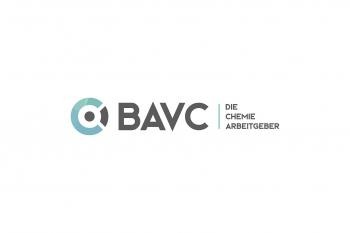Chemie3 Guide: Getting Started with the Circular Economy
The switch to a circular economy is a central challenge in the transformation to a resource-saving and climate-neutral industry. Many chemical and pharmaceutical companies are tackling the task, but the solutions are often extremely challenging. The new guide "Entry into the recycling economy in the chemical industry" shows how the path can be mastered step by step and systematically and what opportunities lie in an early changeover. It was developed by the sustainability initiative Chemie3.
The guide offers companies strategic and operational support to switch to a circular economy. It proposes solutions that range from the selection of raw materials for products, through design and manufacture to recycling. Other approaches show how the company's own products promote recycling for customers or how end-of-life products can be taken back. The stronger networking of companies also plays an important role, since many processes go beyond their own value creation. The solution approaches shown are flanked by practical examples from companies.
The guide is aimed in particular at small and medium-sized companies in fine and specialty chemicals from the sub-sectors basic and intermediates, polymers and materials, paint and coatings, construction chemicals, adhesives, agrochemicals as well as consumer and pharmaceutical chemicals. Even advanced and larger companies will find suggestions to review their previous path and, if necessary, to break new ground. Those interested can read the guide at https://www.chemiehoch3.de/leitfaden-nachhaltigkeit .
With their initiative Chemie³, the three partners BAVC, IGBCE and VCI want to anchor sustainability as a model in the chemical industry. To this end, Chemie³ has drawn up twelve “Sustainability Guidelines for the chemical industry in Germany” and supports its members in applying them in everyday business.
The Federal Chemical Employers' Association (BAVC) is the collective bargaining and social policy umbrella organization for the chemical and pharmaceutical industry as well as large parts of the rubber industry and the plastics processing industry. It represents the interests of its ten regional member associations with 1.900 companies and 580.000 employees vis-à-vis unions, politicians and the public.
With almost 600.000 members, the IGBCE is the second largest industrial trade union in Germany. It shapes the working conditions for a good 1,1 million employees in more than a dozen sectors, including chemicals/pharmaceuticals/biotech, energy/raw materials/mining, plastics/rubber, paper, ceramics and glass.
The German Chemical Industry Association (VCI) represents the economic and political interests of around 1.900 companies from the chemical-pharmaceutical industry and chemical-related sectors in politics, authorities, other areas of the economy, science and the media. The VCI stands for more than 90 percent of German chemistry.
Source: BAVC/IGBCE/VCI press release of May 23.05.2022, XNUMX









